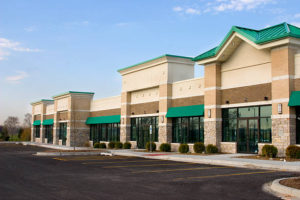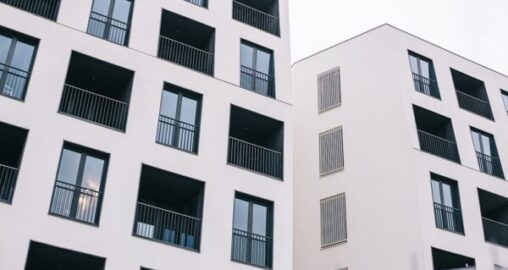Marcus & Millichap: Retail Sales Research Brief
Without Federal Reinforcement, Retail Sales Growth Loses Momentum

September 2020 | Marcus & Millichap
Consumer spending growth normalizes in August. Retail sales from the U.S. Census provides a glimpse into the pace of an economic expansion without additional support from the legislative branch. Much of the stimulus provided by the CARES Act culminated at the end of July and executive action to extend un- employment benefits did not take effect until late August or early September. Even without broad federal support, retail sales still increased 0.6 percent last month to a new high. Renewed unemployment benefits that reached accounts in September could prop up national retail sales this month, though that support is unlikely to carry into the fourth quarter.
Reopening activity evident in retail sales. As more states and cities relax business restrictions, some modest realignment in spending is occurring. Grocery stores, for example, recorded a 1.6 percent decrease in sales while eating and drinking places posted a 4.7 percent gain. Year over year, restaurant sales are down 15.4 percent, a significant improvement from the 52.4 percent decline at the height of the shutdowns. Although conditions are getting better, the uneven nature of an economic recovery, and therefore the retail performance, is becoming evident. California, for example, accounts for nearly half of the Pandemic Unemployment Assistance continuing unemployment claims as a slower reopen- ing strategy keeps more workers at home.
Retail fundamentals still fail to reflect market reality. Although retail sales are at an all-time high, several other factors indicate a long recovery road for large swaths of the retail sector. Significant declines in year-over-year sales at clothing, gasoline, and food service and drinking places highlight where weakness will play out over the next several months. Nonetheless, vacancy and rents have only softened modestly thus far. In fact, vacancy increases can be largely attributed to new construction coming online largely empty during the health crisis rather than shuttered stores.











